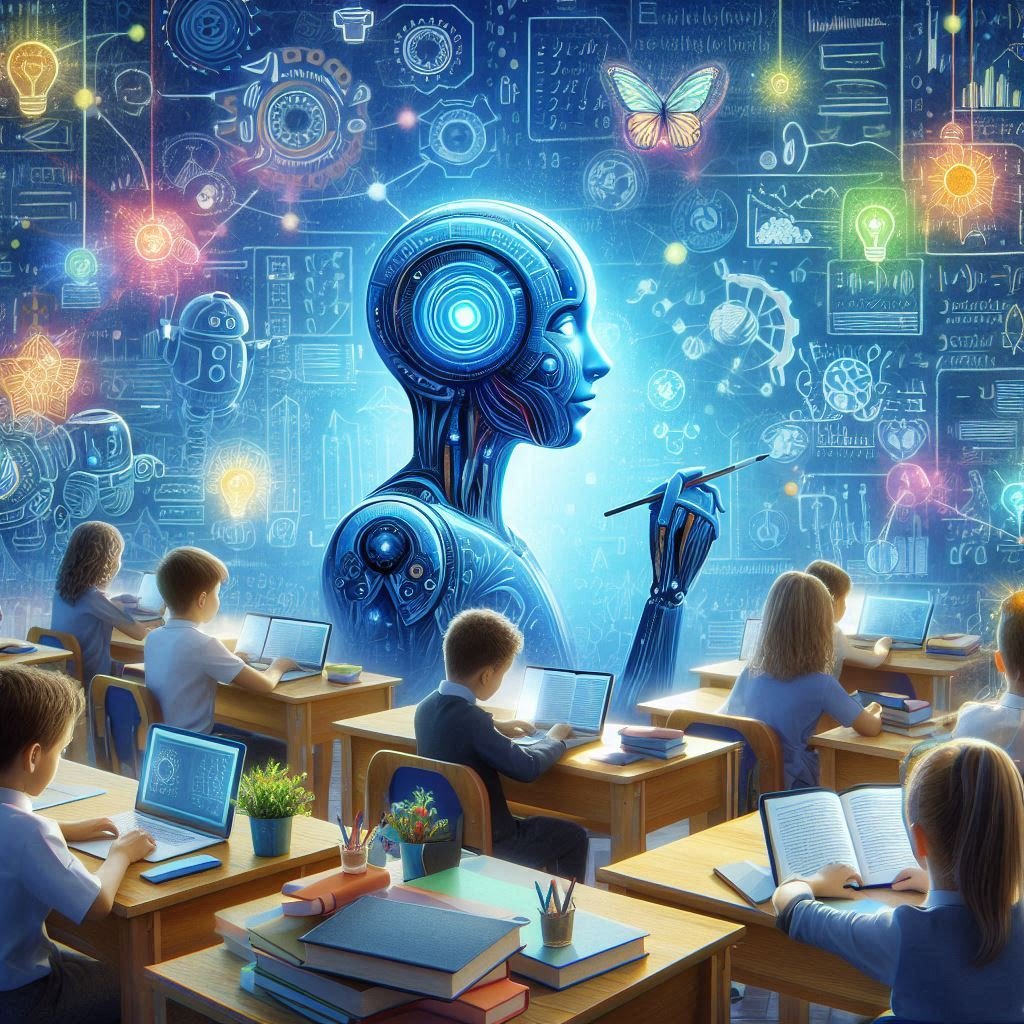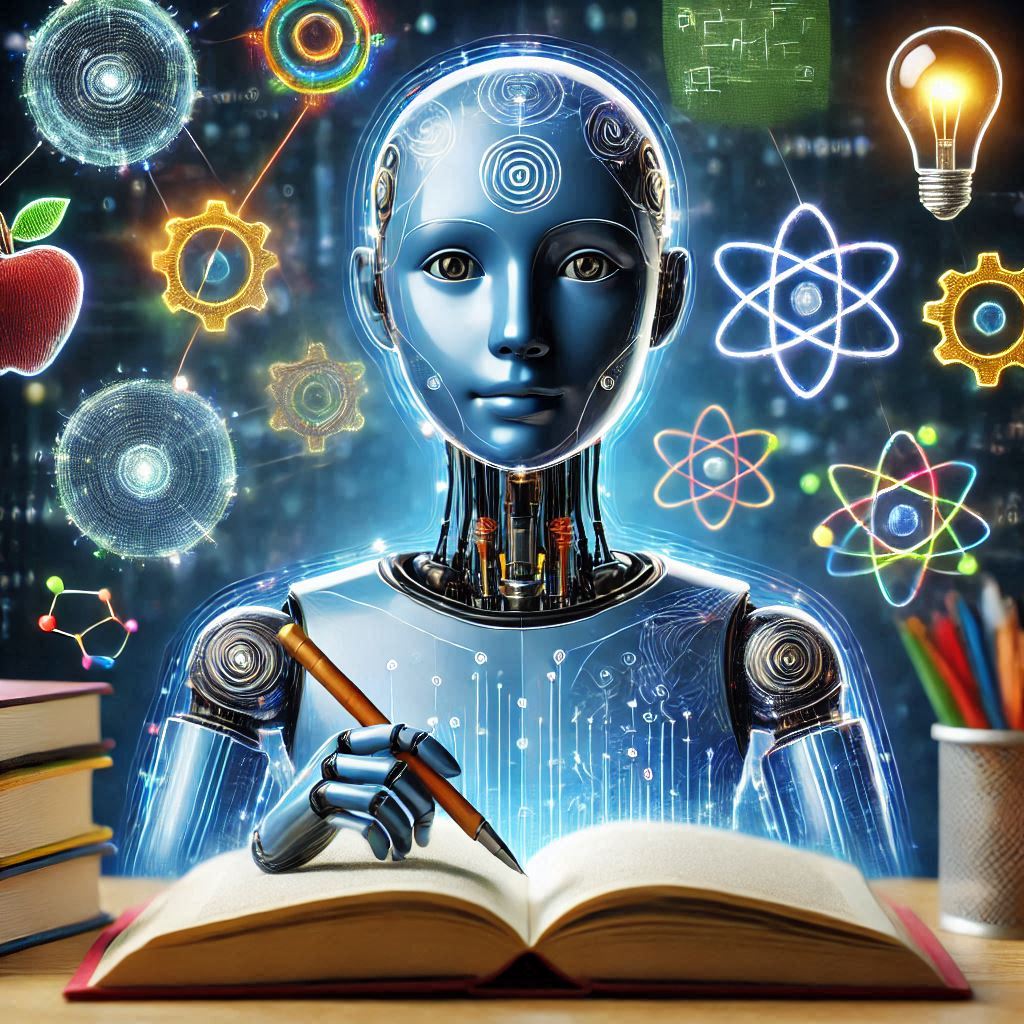Artificial Intelligence (AI) has emerged as a revolutionary force Ai in education, reshaping traditional teaching and learning methods. By integrating advanced technologies, AI provides personalized, efficient, and accessible education solutions for students and educators.
Key Applications of AI in Education
1. Personalized Learning
AI-powered platforms, such as adaptive learning systems, analyze a student’s learning pace and style. They create customized lesson plans, ensuring that each student receives a tailored educational experience.
- Example Tools:
- Khan Academy
- DreamBox Learning
- Smart Sparrow
2. Automated Administrative Tasks
AI helps educators automate time-consuming tasks like grading assignments, managing student data, and creating lesson plans. This allows teachers to focus more on interactive and impactful teaching.
- Key Tools:
- Gradescope for automated grading
- School management systems with AI capabilities
3. Intelligent Tutoring Systems (ITS)
AI-powered tutors provide one-on-one assistance to students in subjects like mathematics, coding, and science. These systems are available 24/7, offering help outside traditional classroom hours.
- Examples:
- Duolingo for language learning
- Squirrel AI for math tutoring
4. Virtual Classrooms and AI Chatbots
AI enhances virtual classroom experiences with tools like real-time language translation, sentiment analysis, and interactive chatbots for answering student queries.
Benefits of AI in Education
1. Accessibility for All
AI-powered tools, such as text-to-speech and real-time transcription services, make education accessible to students with disabilities and those in remote areas.
2. Enhanced Engagement
Gamification and interactive AI-based tools keep students engaged in the learning process, making lessons more enjoyable and effective.
3. Data-Driven Insights
AI collects and analyzes large amounts of data, providing educators with insights into student performance, learning gaps, and areas requiring intervention.
Challenges in AI-Driven Education
- Data Privacy Concerns: Protecting student data from breaches and misuse is a critical issue.
- Bias in AI Algorithms: Ensuring that AI systems are unbiased and equitable for all learners.
- High Implementation Costs: Schools and institutions may face financial barriers in adopting AI technologies.

The Future of AI in Education
The integration of AI in education is set to expand further, with advancements in the following areas:
- Immersive Learning Experiences: Combining AI with AR/VR for realistic simulations and hands-on learning.
- Global Collaboration: AI platforms connecting classrooms worldwide, promoting cultural exchange and collaboration.
- Lifelong Learning: AI-driven platforms enabling continuous learning for professionals and adults.
Conclusion
AI is not just transforming education but redefining how we perceive learning and teaching. By bridging gaps, personalizing experiences, and enabling new possibilities, AI is empowering the next generation of learners.
For more information on technology and education, stay updated with Computer Academy, owned by Vivek Sharma, your trusted source for the latest trends.
Would you like additional suggestions or modifications for this topic? 😊
